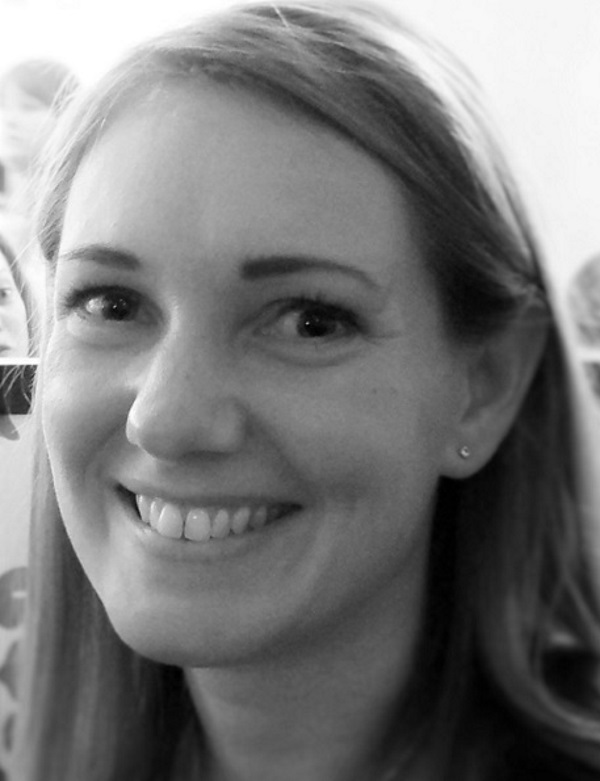Laura Ripper

Why did you choose an editorial career, and how did you get into it?
I began my career as a proofreader at Plain English Campaign, later becoming an editor. The supportive aspects of the job appealed to me as well as the technical ones – it's really rewarding to help an author polish their work.
What training have you done to get your editorial career up and running?
My early training was in-house: first at Plain English Campaign and then at an agency that prepares articles for scientific journals. Informal mentoring from my colleagues gave me the confidence to handle things that weren't part of my formal training.
What work are you most proud of?
Last year I proofread a short story that went on to win third prize in a competition run by the London Magazine. It was a treat to work on something so beautifully written and the author told me I had strengthened her voice – a compliment I'm still very proud of!
What do you do if you're struggling on a job?
If I can't find the answer in books or online resources I ask in editorial forums and groups – they're a mine of information and people are always generous with their help. Sometimes, putting the job to one side while I go for a walk round the hill does the trick.
What does being a member of the CIEP mean to you?
It reassures my clients that I'll work with them in a professional, ethical way and that I'm continuing to develop my skills. It gives me access to resources and training, keeps me inspired and up to date, and connects me with people who do all sorts of different editorial work.
Which editorial tasks do you enjoy the most and why?
I love the challenge of 'translating' a complicated paragraph of text into plain English without altering the meaning. It's so satisfying to come up with a simpler version that says the same thing!
Do you have any editorial pet hates?
I don't have many, but one that comes to mind is overusing 'both' in phrases like 'I love both cats and chocolate'. Apart from making people wonder which two cats you love, most of the time it doesn't add anything ('and' does the job).
What has most surprised you about your editorial career?
The most refreshing surprise is how supportive and welcoming other freelancers have been – everyone I've got to know has been generous, friendly and encouraging. There's far more working together than competing.
What's the best career advice you've received?
Build a good relationship with your clients. It goes without saying that doing a good job is important, but having a strong professional relationship makes it easier to sort out any difficulties that come up and understand each other's needs, which means you're more likely to keep working together. This covers another bit of advice: always make sure you get a proper brief for a project.
What advice do you have for people starting out on an editorial career?
If editing or proofreading isn't your first career, make the most of the skills you've gained in other jobs. Experience in a particular sector helps you understand the pressures those clients face, the terminology they use, how their publication process works and what support they need from an editor or proofreader.
Do you ever stop editing?
I don't edit very much fiction, so thankfully I can still enjoy a good book. I don't comb through other people's emails and Facebook messages for typos, either!
Finally, tell us one thing about you not related to editing
I love playing escape-room games. You get locked inside a room for 60 minutes with friends. The idea is to find and solve all the clues and puzzles in the room so you can unlock the door before the time is up!
The CIEP does not give any special endorsement to the members who appear in Meet our members. If you are looking for an editorial professional, we recommend you search the Directory of Editorial Services.
